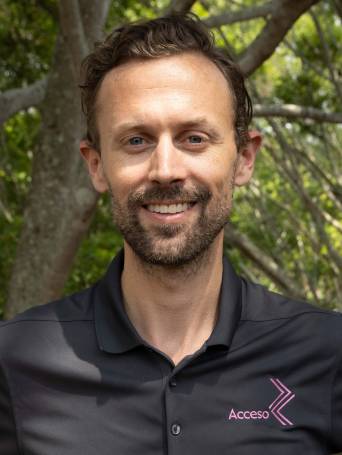There is often a tension between ensuring that an enterprise succeeds financially – on whatever metric – and ensuring that it delivers on its mission. Lowering prices to reach underserved consumers may mean lower revenue. Treating workers well may lead to thinner margins.
Social entrepreneurs have long dealt with these challenges. In some contexts, they have learned how to balance the two approaches. In other cases, they have found ways to have financial and social success move in lockstep.
This course explores a variety of practices in managing the growth of social enterprises in ways that are faithful to both the financial health and the impact promise, taught from the perspective of the social entrepreneur and social enterprise manager.
We will explore common and emerging strategies, touching on both successes and failures through the introduction of cases. The measurement of social impact in tandem with financial performance is a core component of the course, with topics including triple bottom line accounting, impact measurement, impact reporting, and the correlation between operating performance and impact sustainability.
Because social enterprises operate in so many diverse settings, the course will consider the financial, operational, and strategic management of the social enterprise as it relates to a multitude of stakeholders, both in domestic and international settings.
Download Syllabus (login required)
